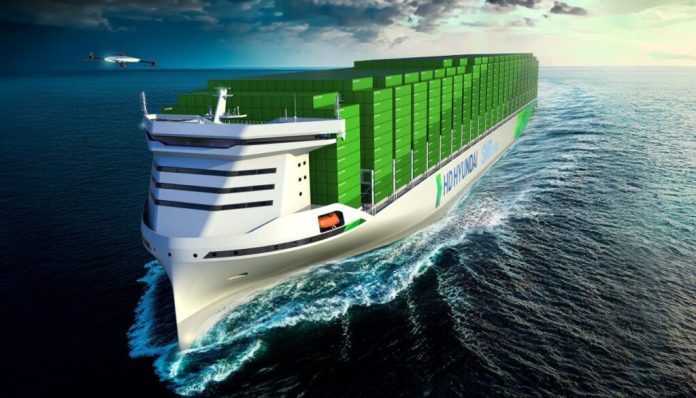The World Nuclear Transport Institute (WNTI) and the Nuclear Energy Maritime Organisation (NEMO) have signed a memorandum of understanding (MoU) to jointly advance the development of nuclear-powered shipping and transportable nuclear power plants (TNPPs).
This strategic alliance aims to establish international safety, security, and sustainability standards for transporting nuclear materials and using nuclear energy at sea or in remote locations.
According to the agreement:
WNTI will focus on the secure transport of nuclear materials and TNPPs.
NEMO will address the regulatory, design, and operational aspects of nuclear-powered vessels.
Both organizations will collaborate on floating nuclear power plants (FNPPs).
The partnership supports WNTI’s upcoming five-year strategy focused on the growth of the global nuclear transport sector.
Pete Bryant, CEO of WNTI, emphasized the importance of this collaboration:
“This is a crucial step toward accelerating clean energy innovation, helping us tackle climate change and deliver on the UN Sustainable Development Goals.”
Mamdouh El-Shanawany, Chairman of NEMO, noted that the move signals the beginning of a new era in clean maritime transport.
This development coincides with preparations by the International Atomic Energy Agency (IAEA) to launch its ATLAS program, intended to guide countries in regulating the maritime use and transport of small modular reactors (SMRs).
NEMO, recently granted NGO consultative status at the IMO, is a key participant in this global initiative.
With maritime industries striving for Net Zero, nuclear energy is gaining attention for its low-emission potential and high energy density, though concerns around regulation, safety, and public perception remain.
According to the New Energies Coalition, unlocking nuclear’s maritime potential will require stronger cooperation between industry leaders, regulators, and governments, especially over the next decade.

